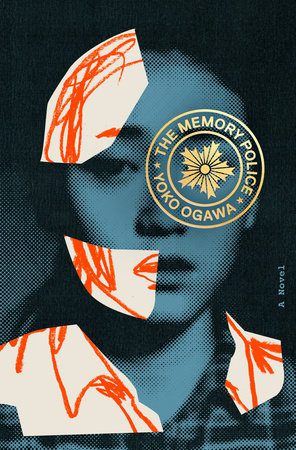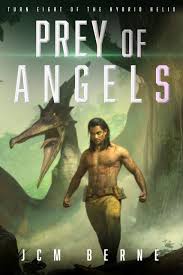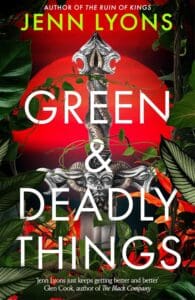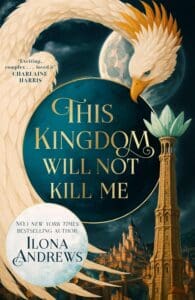RATING: 8/10
SYNOPSIS
A haunting Orwellian novel about the terrors of state surveillance, from the acclaimed author of The Housekeeper and the Professor.
On an unnamed island off an unnamed coast, objects are disappearing: first hats, then ribbons, birds, roses—until things become much more serious. Most of the island’s inhabitants are oblivious to these changes, while those few imbued with the power to recall the lost objects live in fear of the draconian Memory Police, who are committed to ensuring that what has disappeared remains forgotten.
When a young woman who is struggling to maintain her career as a novelist discovers that her editor is in danger from the Memory Police, she concocts a plan to hide him beneath her floorboards. As fear and loss close in around them, they cling to her writing as the last way of preserving the past.
A surreal, provocative fable about the power of memory and the trauma of loss, The Memory Police is a stunning new work from one of the most exciting contemporary authors writing in any language.
REVIEW
The Memory Police by Yoko Ogawa is a decently written dystopian novel. The story is set in an island where things around the inhabitants (such as novels, maps, calenders, roses and etc.) will dissappear gradually. The inhabitants will have a feeling when things start to dissappear and they have no choice but to ensure that they do not keep the remains of things that have been disappeared. The Memory Police will be the ones who “enforced” the disappearance of things. In other words, they will ensure that there is no trace of these disappeared things, including the memories of such things. Those who are able to recall or remember the existence of these disappeared things will eventually be caught by the Memory Police.
The narrator of this story is a novelist who enjoys writing novels. Hence, there is a story within the story and it brilliantly reflects 2 main aspects of humanity: the main story reflects ADAPTABILITY and the story within the main story reflects RELIANCE. These aspects were seen as weaknesses of humans: we tend to adapt to situations which violates our rights rather than fighting for our rights, we tend to over-rely on resources rather than being independent. Both weaknesses result in the loss of our identity.
“But as things got thinner, more full of holes, our hearts got thinner, too, diluted somehow. I suppose that kept things in balance.”
At least, this is my interpretation of the story. While there are some problems to me (unlike other dystopian novels whereby the focus is more on the world building and the description of society, which I enjoy a lot, this story focuses more on the narrator trying to survive in a depressing and oppressed society), this story still deserves a 8/10 star rating. Also, congratulations for being longlisted in the 2020 International Booker Prize!





Leave a Reply